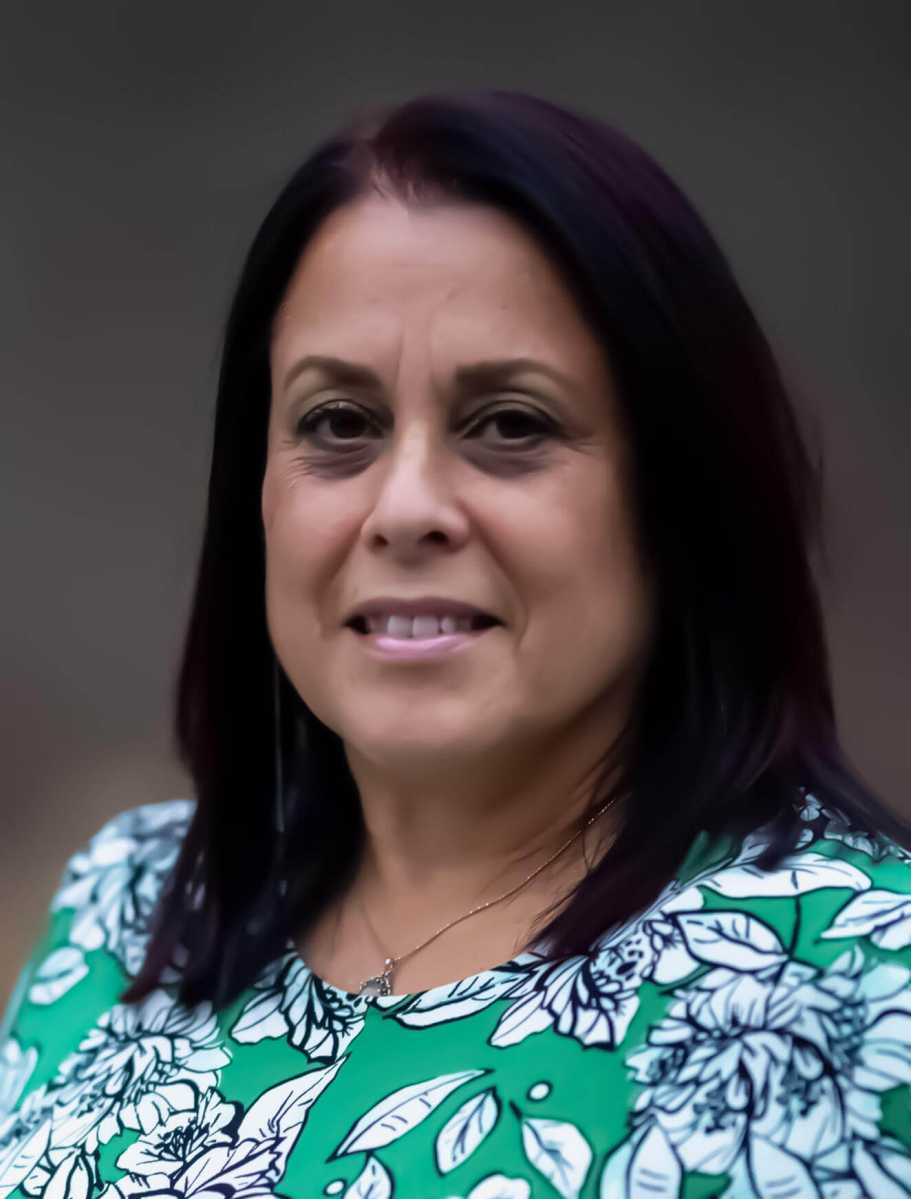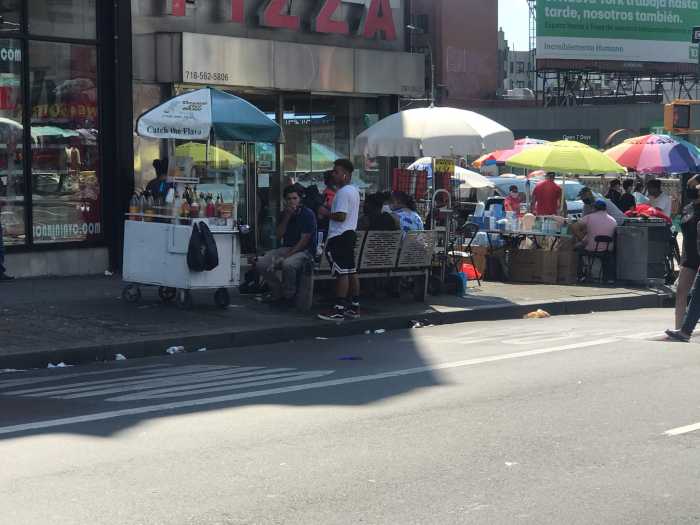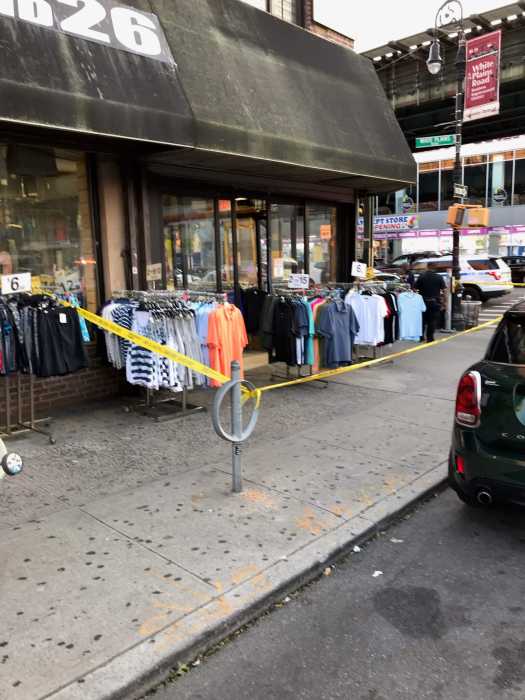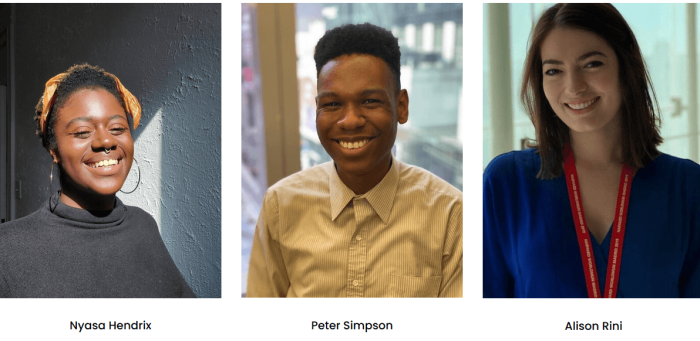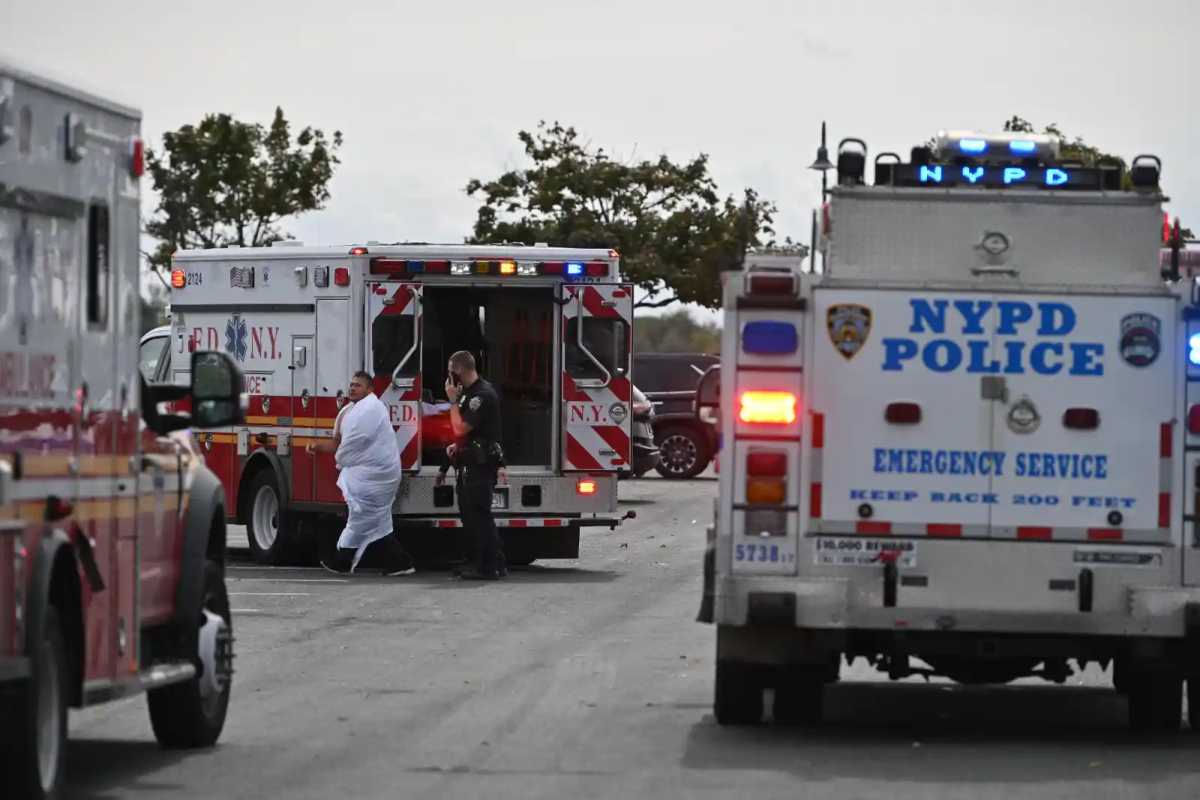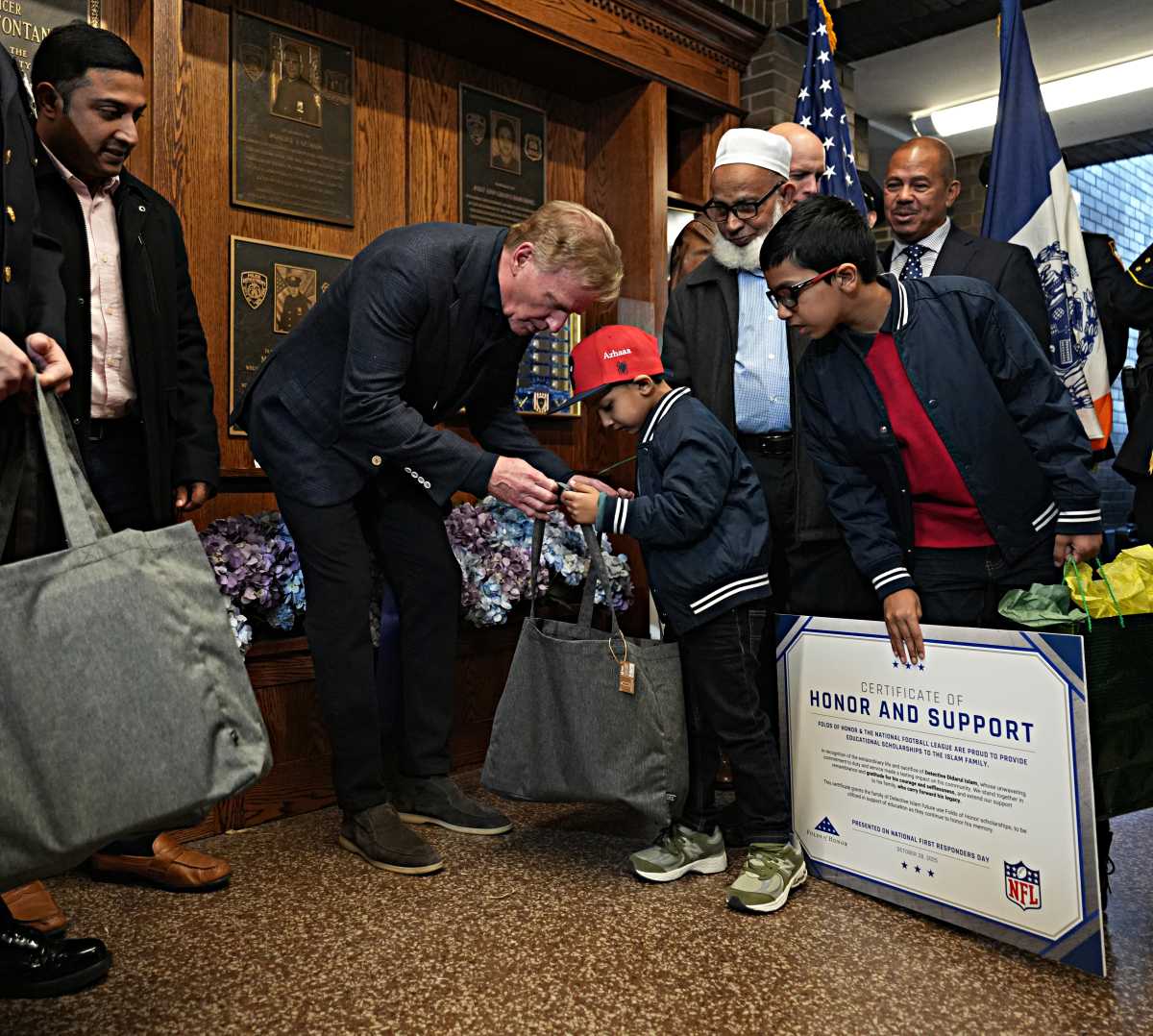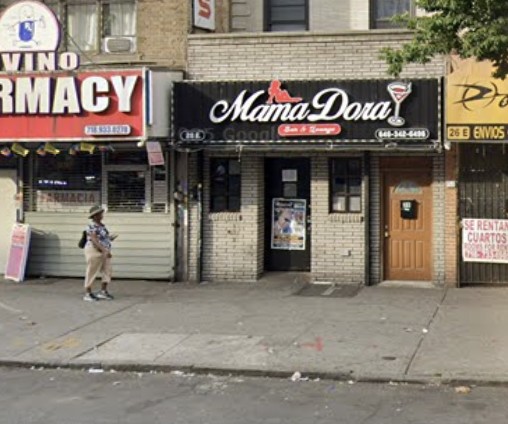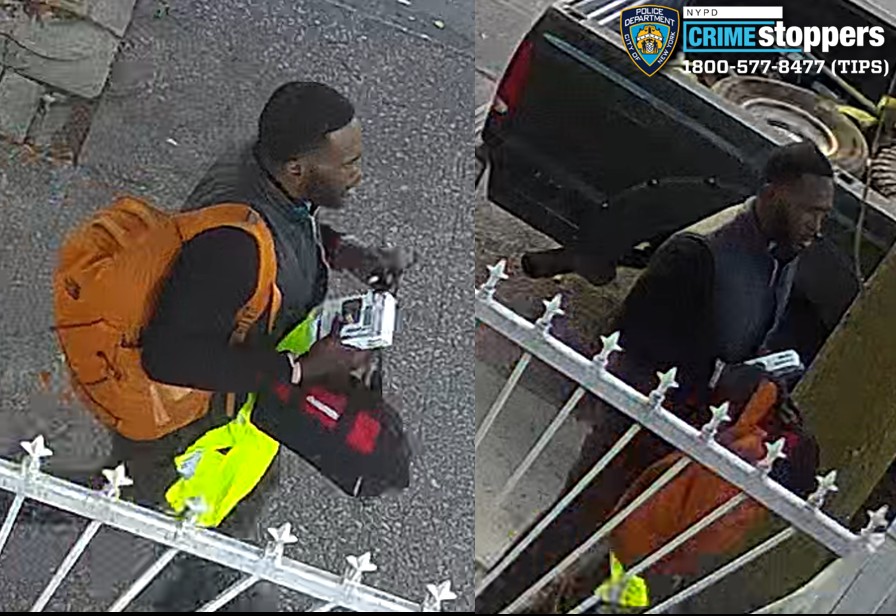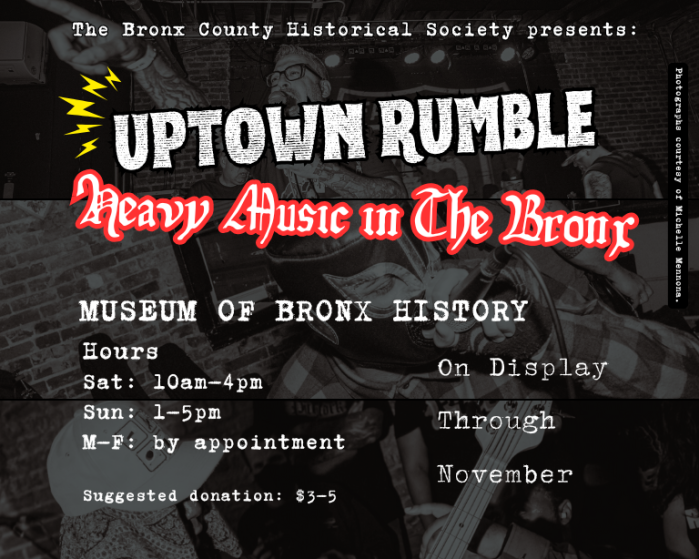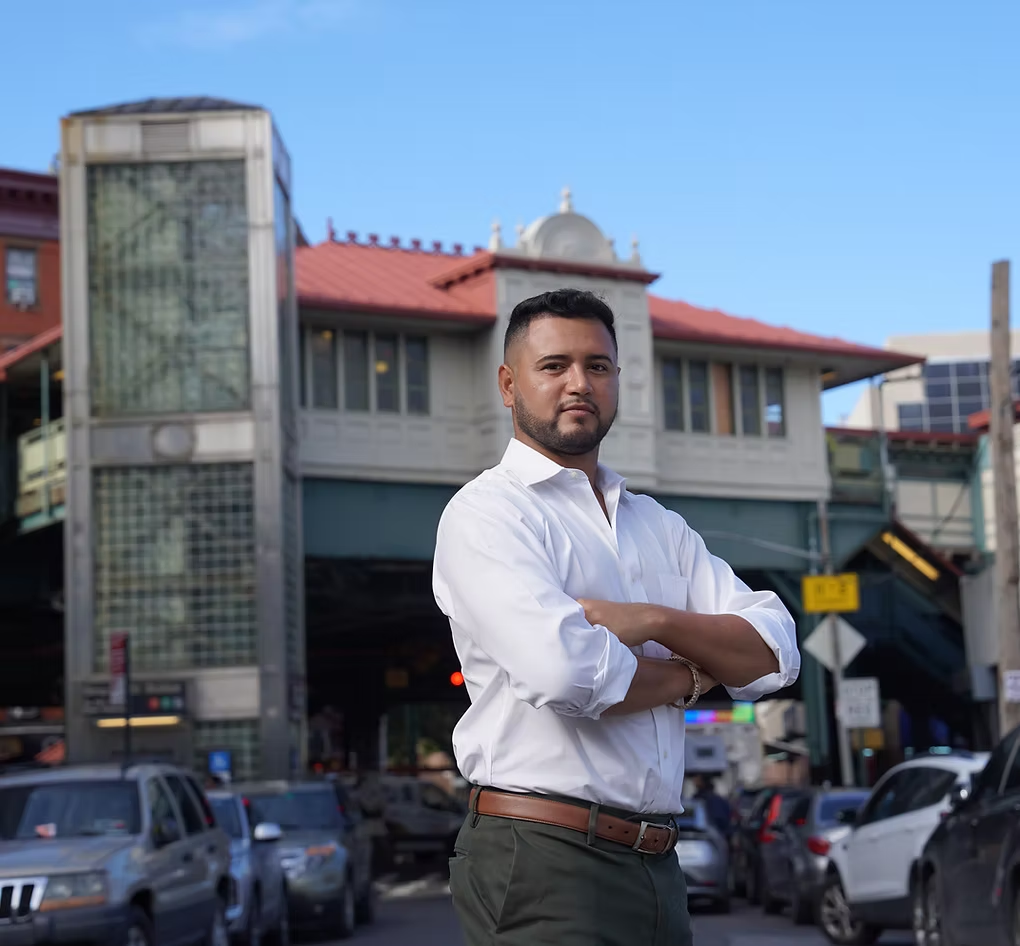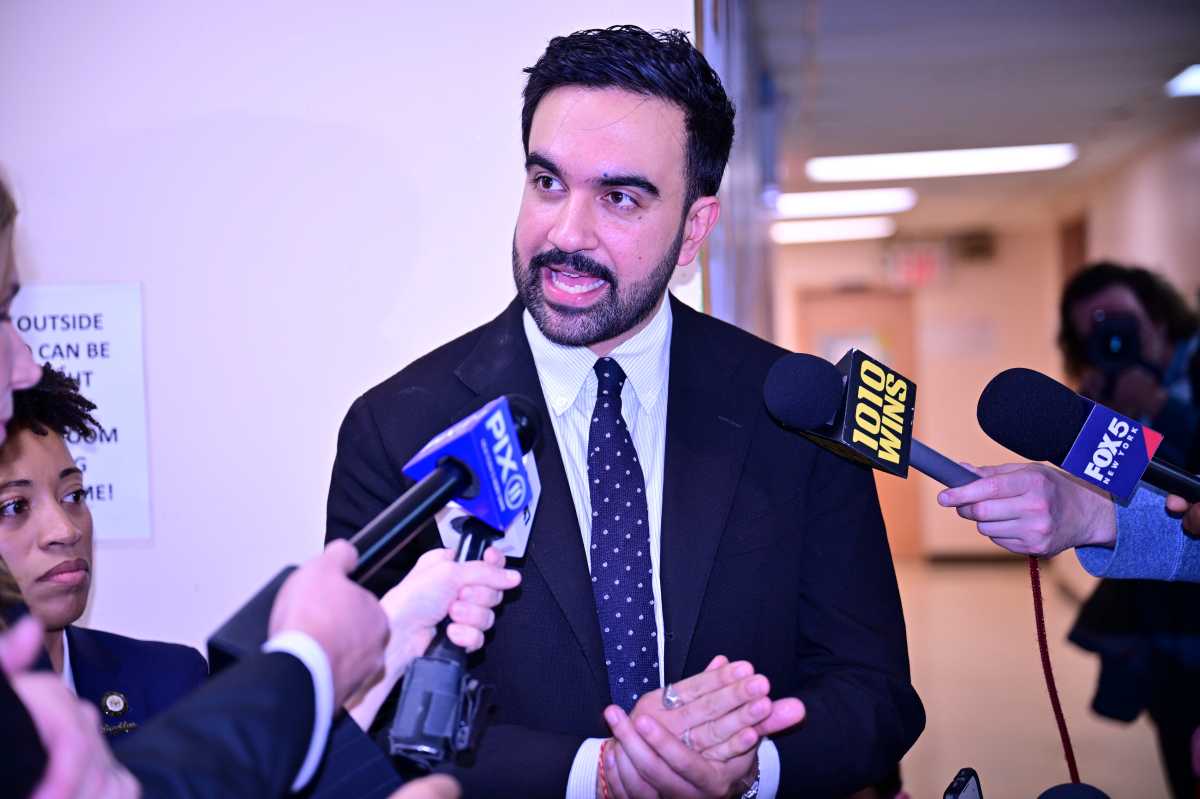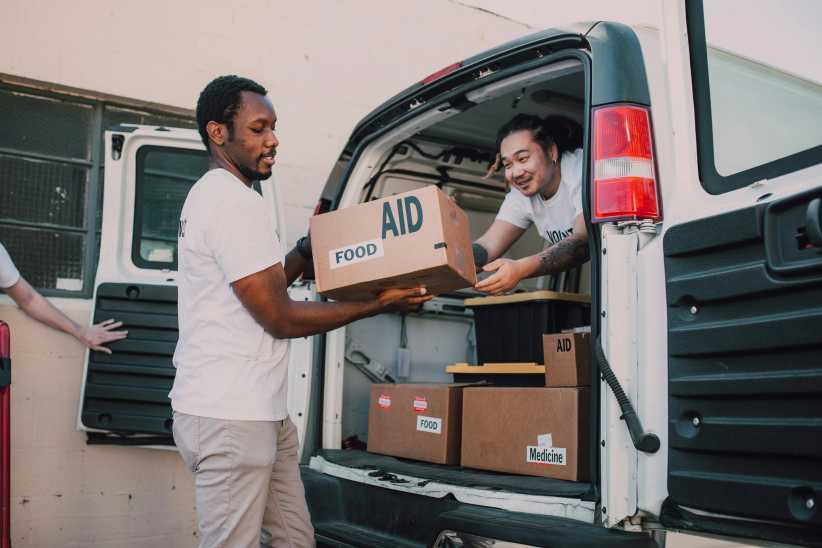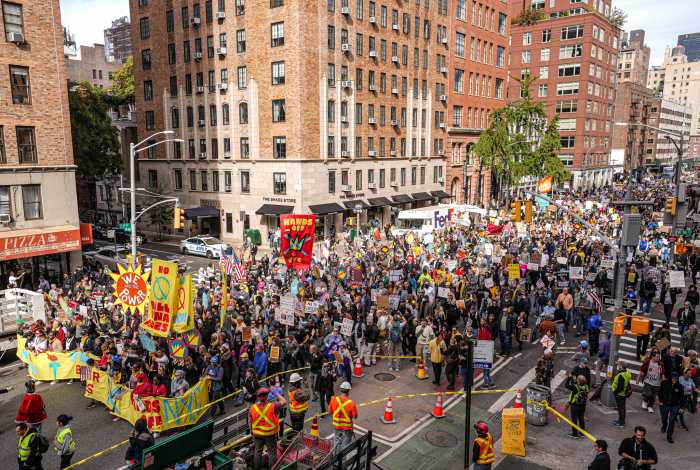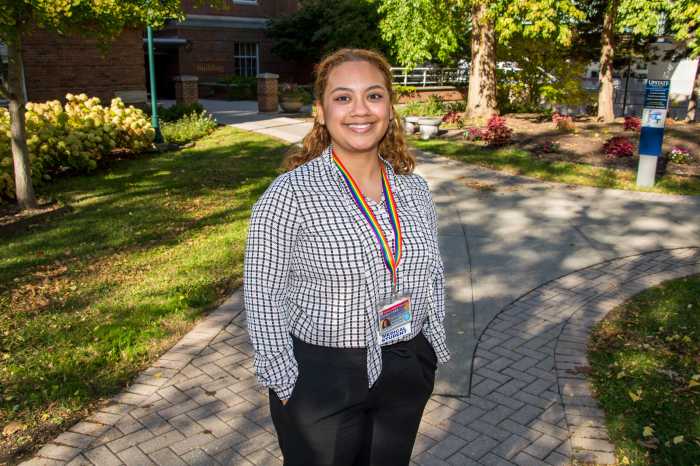By Dean Moses
Schneps Media: Could you describe your duties as an Administrative Judge?
Hon. Doris Gonzalez: Everything is a collaboration. I run the building: I have a deputy clerk and a chief clerk (they draft the paperwork, review it, and send it up to the judge.) I have the county clerk who receives all the papers, and I’m responsible for them. If I succeed it’s because of all the people that work hand and hand with me.
I am responsible for the operations of the building. A lot of it is the administration and not the dispensation of law. I also run all the foreclosures. I have 1500 foreclosure cases that I handle, and I have 1500 cases that are ready for trial (people who have injuries or have other cases). I try to have them all meet with me before they get a jury date.
When the pandemic hit, we shut down our building. Everybody was sent home to self-quarantine. I came in every day, so there were about 11 of us. It was rewarding but challenging as well.
Schneps Media: How has the position changed during the pandemic?
Hon. Doris Gonzalez: I think the courts were trying to figure out how to modernize and not disturb the practice. Skyping should have been in play for a long time. The Bronx has benefited from the modernization. We are bringing people back in and my goal is to keep everybody safe. It hasn’t been easy. I don’t want it on my shoulders that someone ended up getting sick. It’s a hard job, people don’t understand what judges do.
When I took my oath, I was the first Latina and first woman to ever take this post in the Bronx. I have it in the back of my mind that I cannot fail, and I will not fail.
Schneps Media: What does that mean to you to be the first female and Latina Administrative Judge of the Bronx?
Hon. Doris Gonzalez: My dad had seven years of education. He grew up in Puerto Rico. We were homeless for a while, we had issues with the small claims court. I would come to court with him, my idol, and I watched people make fun of him. I watched the injustice. When I was 16 years old, my mom asked me “What do you want to be when you grow up?” I said, “I want to be a judge.” My mom was smiling ear to ear, but my father said: “You better get your head out of the clouds.”
I think that there are more women being elected in Bronx county. The doors have obviously opened for many women. As time went on, they started seeing my capabilities and I earned my respect. I have to acknowledge all of the women judges before me who had a much more difficult time and because they had those challenges and they fought those battles I was able to get to where I am.
Schneps Media: What are some of the most common problems you deal with?
Hon. Doris Gonzalez: With people’s inability to afford attorneys, the hardest part is dealing with pro se litigants (people who want to come to be heard on their own behalf.) During the pandemic it’s been difficult because we haven’t had access to them. Usually with attorneys you have access, but pro se litigants don’t understand the process. You must have patience, mercy and compassion with them. In the back of my head I remember how we used to come to court.
Schneps Media: Has there been a silver lining from the pandemic?
Hon. Doris Gonzalez: We had thousands of motions that have all been done because the judges were able to sit and focus on them because they weren’t doing their trials. But the pandemic has prevented jury trials. Who knows how we will be doing jury trials going forward and how do we keep the public and workers safe?
Schneps Media: Are there any misconceptions people have about judges?
Hon. Doris Gonzalez: I feel judged at all times. For a long time, I never disclosed my position. I have a 20-year-old daughter, I enrolled her in a volleyball club, and I was just one of the moms who got the bagels on Fridays. They got to know me first before they labeled and judged me.
Many of us judges are mentors to inner city youth, high school, college and young students, and that is how we give back to the community. We also give back by serving on boards. For me it’s inner city youth, I grew up in the projects. I was one of the lucky ones. I attribute that to my mother because education was important to her.
Schneps Media: What do you do in your spare time?
Hon. Doris Gonzalez: When I first got on the bench, I practiced yoga in Pelham Bay and practice “no harm to others” and the issues of forgiveness. I also unwind with my daughter watching Netflix. If it wasn’t for the pandemic, I would be going to all of her volleyball games. There, you celebrate, you scream and the stuff from the day’s work goes out the window. It was awesome to release that.

